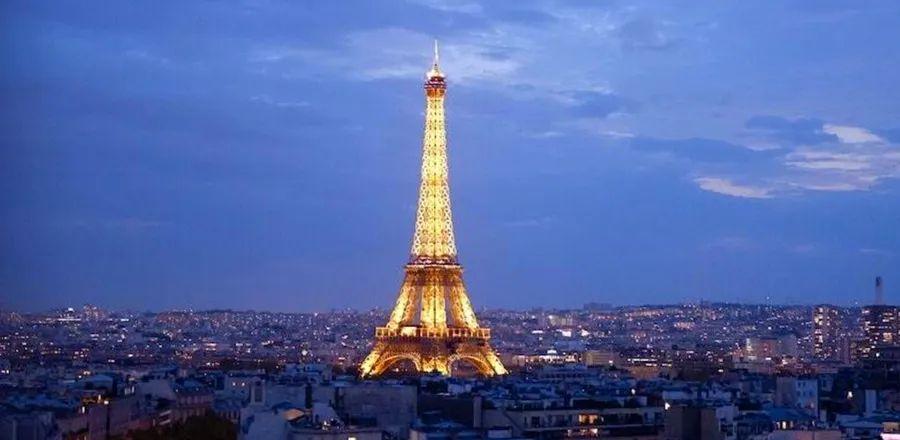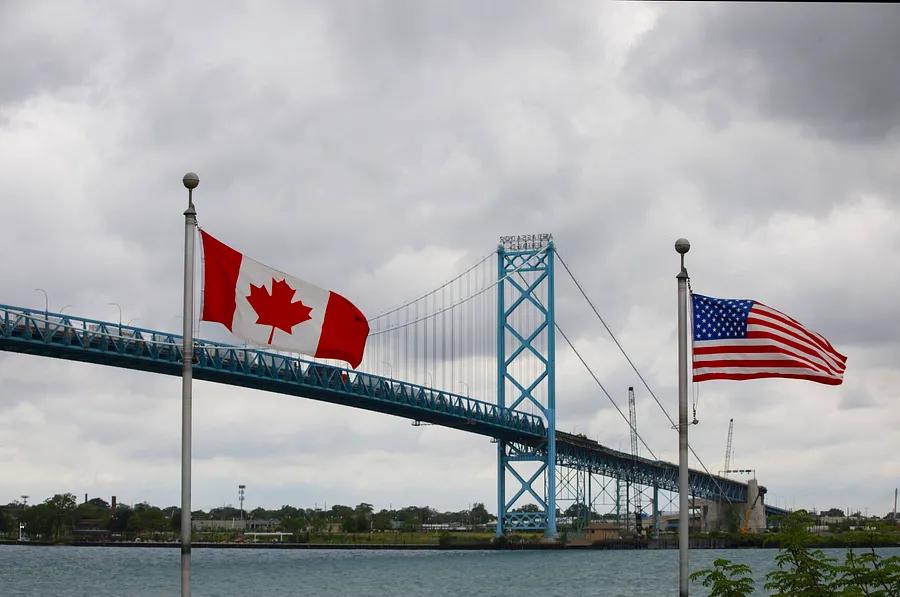Eiffel Tower Lights Set to Dim Early to Conserve Energy

The Eiffel Tower's lights will soon be extinguished over an hour earlier each night to save electricity, as announced by the mayor of Paris on Tuesday. This decision comes amid the escalating energy crisis in Europe exacerbated by Russia’s war in Ukraine.
Mayor Anne Hidalgo stated that the famed tower, typically lit until 1 a.m., is just one of many city monuments and municipal buildings that will experience earlier darkness. As Paris, like much of France and Europe, faces potential power shortages, rationing, and blackouts due to rising energy demand this winter, such measures are deemed necessary.
What’s behind the energy crisis
Russia has cut natural gas supplies to several European nations that are backing Ukraine, resulting in skyrocketing prices for gas and electricity. This has intensified inflation and heightened concerns over dwindling supplies as the heating season approaches, prompting various countries to implement conservation strategies and provide relief to both consumers and businesses. While some European firms have reduced or halted production due to soaring energy costs, the European Union is considering measures to mitigate the crisis.
Paris’s initiatives for energy conservation
According to Hidalgo, lights on the Eiffel Tower will be turned off after the last visitor departs at 11:45 p.m., beginning September 23. Other city-operated landmarks, like the Saint-Jacques Tower and City Hall, will also switch off at 10 p.m.
Hidalgo remarked, “It’s a symbolic yet significant step,” while dismissing criticism that Paris officials could do more to achieve a 10 percent reduction in energy consumption—the goal set by President Emmanuel Macron in July as part of a nationwide “sobriety plan” for energy conservation.
Hidalgo informed reporters that for safety, streetlights will remain illuminated throughout Paris, and the decorative bridges over the Seine River will continue to be lit at night.
To comply with France’s energy savings strategy, she stated that she would urge the government to modify the lighting of national monuments in Paris, including the domed Pantheon and the iconic Arc de Triomphe, which prominently stands on the Champs-Elysées.
To conserve energy, Paris officials plan to delay the activation of heating in public buildings by an entire month, shifting from mid-October to mid-November. Additionally, they intend to reduce the temperature in these buildings by 1 degree, setting it to 18 degrees Celsius (64 degrees Fahrenheit) during business hours and lowering it further to 16 degrees Celsius after hours and on weekends.

1

2

3

4

5
Evaluation :
5/5